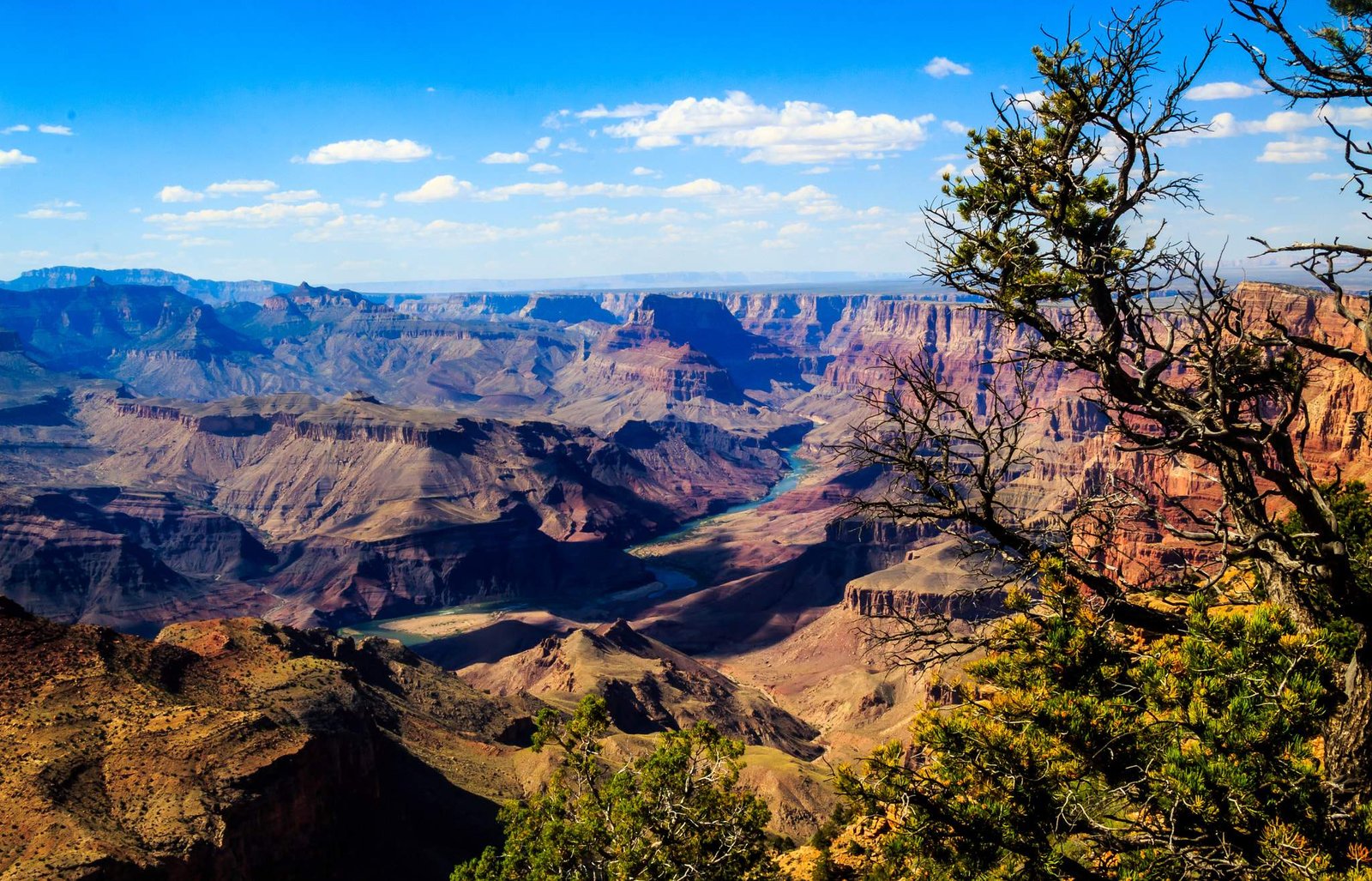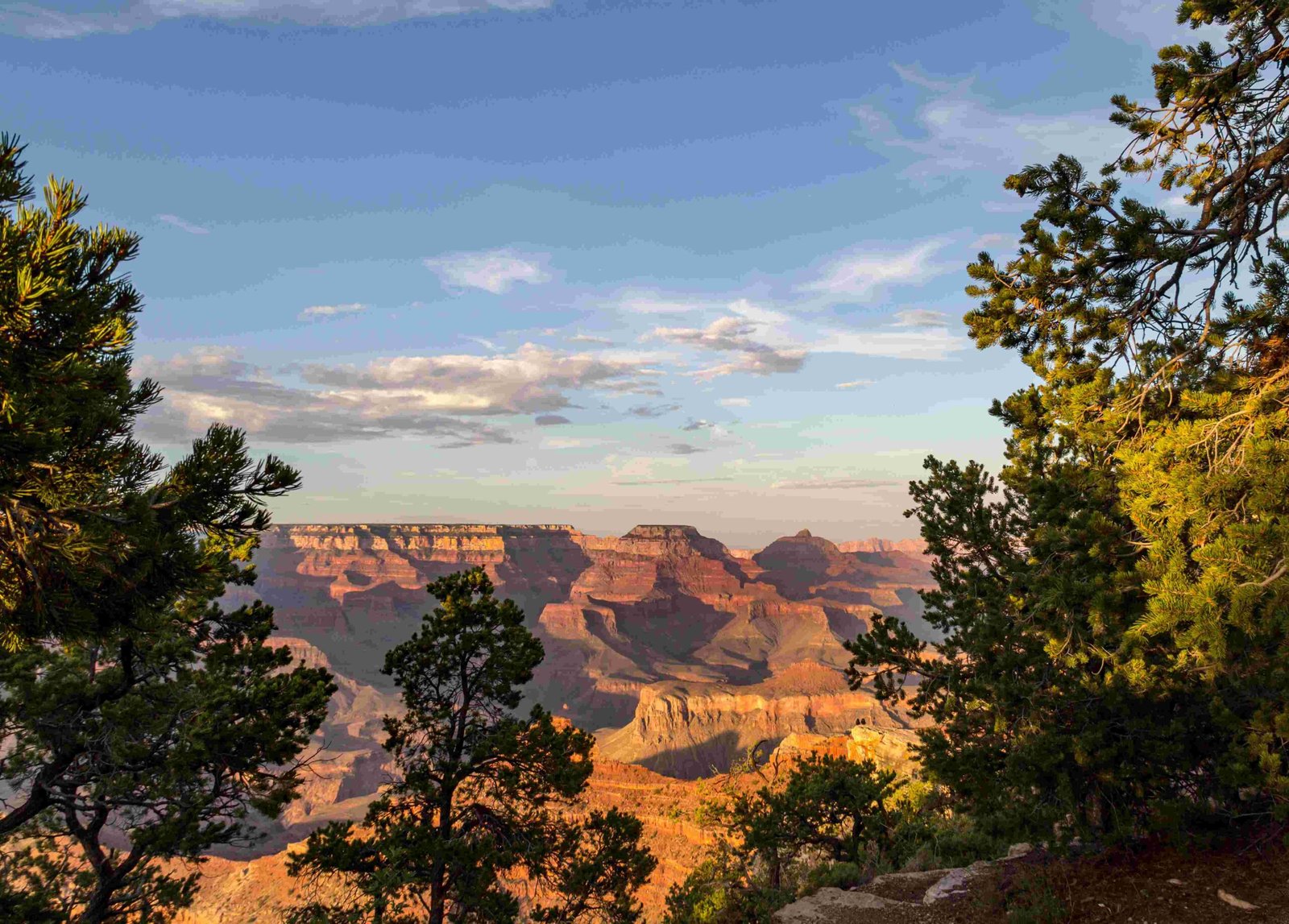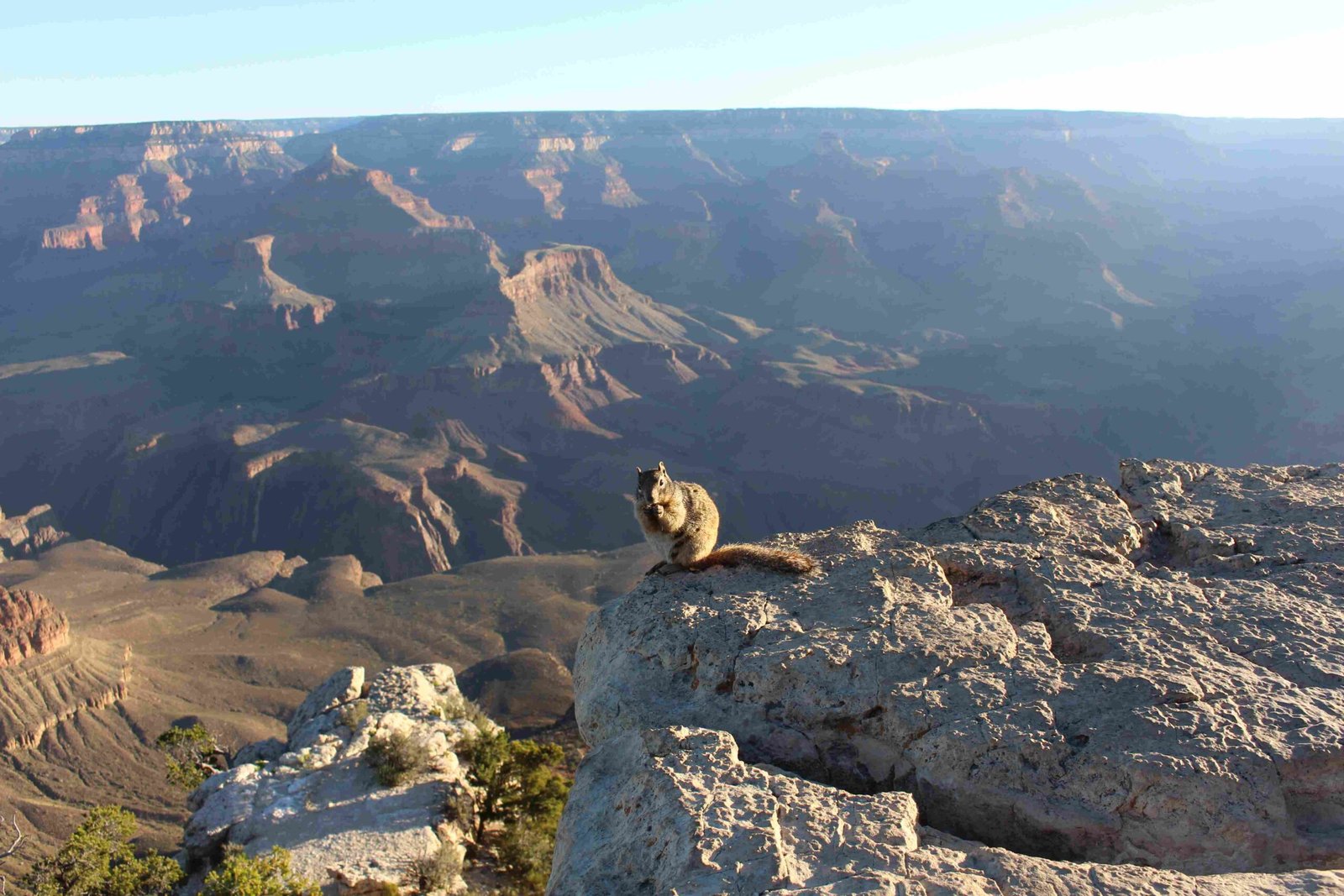The Grand Canyon Hermit Route represents one of the most challenging and historically significant backcountry trails in Grand Canyon National Park. This demanding 9-mile trail descends dramatically from the South Rim, offering experienced hikers an unparalleled wilderness experience through steep, unmaintained terrain with breathtaking geological landscapes and challenging navigation requirements.
What Makes the Grand Canyon Hermit Route Unique?

Trail Characteristics and Difficulty
The Hermit Route is not for casual hikers. Its distinctive features include:
- Total Length: 9 miles from trailhead to Colorado River
- Elevation Change: 4,340 feet (6,640 feet to 2,400 feet)
- Difficulty Level: Advanced/Strenuous
- Terrain: Rugged, unmaintained, requires route-finding skills
Historical Background
| Trail Origin | First Developed | Primary Use |
|---|---|---|
| Early 1900s | Louis Boucher | Mining/Exploration |
| Current Status | Wilderness Trail | Backcountry Hiking |
Preparation Requirements
Hikers must be prepared with:
- Advanced navigation skills
- Robust physical conditioning
- Comprehensive backcountry gear
- Water treatment equipment
- Emergency communication devices
How Should Hikers Approach the Grand Canyon Hermit Route?

Physical and Mental Preparation
Successful navigation of the Hermit Route demands:
- Extensive hiking experience
- Strong cardiovascular fitness
- Mental resilience
- Technical hiking skills
- Understanding of desert survival techniques
Essential Gear Checklist
- ✓ High-quality hiking boots
- ✓ Multiple water containers
- ✓ Water filtration system
- ✓ Topographic maps
- ✓ GPS device
- ✓ Emergency shelter
- ✓ First aid kit
- ✓ Sun protection
Seasonal Considerations
Summer:
– Extreme heat (temperatures can exceed 100°F)
– Minimal shade
– High water consumption required
Winter:
– Potential snow at higher elevations
– Cooler temperatures
– Potential ice on trail sections
What Are the Key Navigation Challenges?
The Hermit Route presents multiple navigation challenges:
- Minimal trail maintenance
- Frequent rock scrambling
- Potential rockslides
- Limited signage
- Complex terrain variations
Water and Survival Strategy
| Water Source | Reliability | Treatment Needed |
|---|---|---|
| Hermit Creek | Seasonal | Always filter/purify |
| Springs | Intermittent | Mandatory treatment |
| Colorado River | Available | Comprehensive treatment |
Safety and Permit Information
Permit Requirements
- Backcountry camping permit mandatory
- Limited group sizes
- Advanced reservation recommended
- Strict Leave No Trace principles
Emergency Considerations
- Carry satellite communication device
- Share detailed trip plan
- Carry comprehensive first aid kit
- Understand evacuation procedures
Recommended Training and Preparation Timeline
- 6 Months Before:
- Begin cardiovascular training
-
Practice technical hiking skills
-
3 Months Before:
- Acquire specialized gear
- Study trail maps
-
Practice navigation techniques
-
1 Month Before:
- Obtain necessary permits
- Complete physical conditioning
- Final gear check
Conclusion
The Grand Canyon Hermit Route offers an extraordinary wilderness experience for skilled, prepared hikers. Respect the environment, prioritize safety, and embrace the challenge of this remarkable trail.

